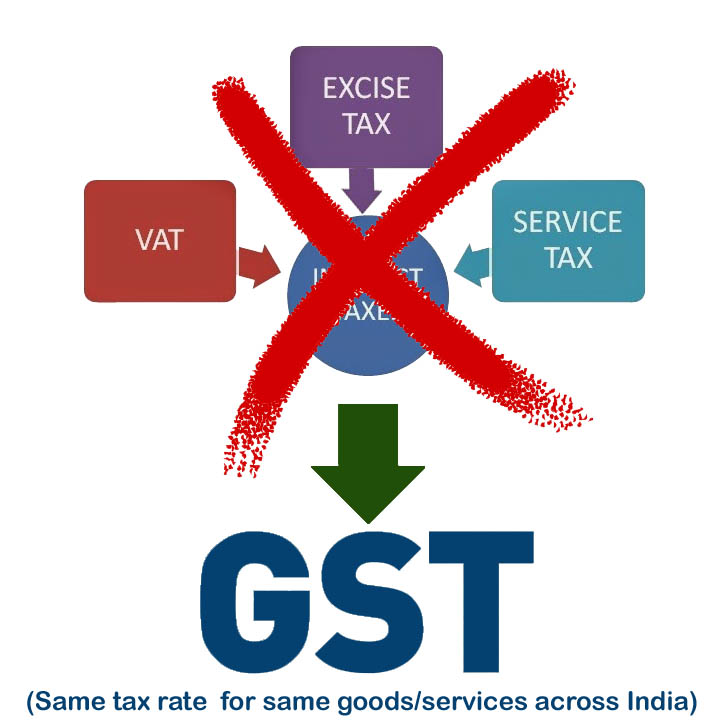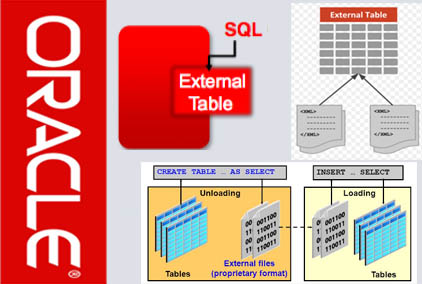
We will provide you an online space where you can write and share your knowledge
via our blog and it is much easier and quicker to share and promote your thoughts
and information to public. The content should be related to information technology,
you can send your documents to info@qpsoftec.com and we will host it as webpage
with suitable snaps after scrutinize the content and verification. The following
are to be mentioned while sending email request,
There is no remuneration for the content or service and our idea is to leverage
maximum knowledge to users and to give you an opportunity to become part of it.
You will be get acknowledgement on every step by step process as SMS. For quick
enquiry you can write to chairperson@qpsoftec.com
Concept of Cloud Computing - Benefits - Working - Use
 Cloud computing is the on-demand delivery of compute
power, database storage, applications, and other IT resources through a cloud services
platform via the internet. Companies offering these computing services are called
cloud providers and typically charge for cloud computing services based on usage,
similar to how you are billed for water or electricity at home (pay-as-you-go pricing).
A cloud services platform provides rapid access to flexible and low cost IT resources.
With cloud computing, you don’t need to make large upfront investments in hardware
and spend a lot of time on the heavy lifting of managing that hardware. Cloud computing
has three main types that are commonly referred to as Infrastructure as a Service
(IaaS), Platform as a Service (PaaS), and Software as a Service (SaaS)
Cloud computing is the on-demand delivery of compute
power, database storage, applications, and other IT resources through a cloud services
platform via the internet. Companies offering these computing services are called
cloud providers and typically charge for cloud computing services based on usage,
similar to how you are billed for water or electricity at home (pay-as-you-go pricing).
A cloud services platform provides rapid access to flexible and low cost IT resources.
With cloud computing, you don’t need to make large upfront investments in hardware
and spend a lot of time on the heavy lifting of managing that hardware. Cloud computing
has three main types that are commonly referred to as Infrastructure as a Service
(IaaS), Platform as a Service (PaaS), and Software as a Service (SaaS)
 [Read More]
[Read More]
GST in India and it's impact in Information Technology
 GST
(Goods and Service Tax) is an indirect tax levied on the supply of goods and services
which was introduced in India on 1 July 2017 and has replaced many indirect tax
laws that previously existed in India. The main aim behind this tax is to remove
tax barriers between states and create a single market. For that to happen, the
constitution first needs to be amended to remove different layers of governments'
exclusive powers to levy taxes.
GST
(Goods and Service Tax) is an indirect tax levied on the supply of goods and services
which was introduced in India on 1 July 2017 and has replaced many indirect tax
laws that previously existed in India. The main aim behind this tax is to remove
tax barriers between states and create a single market. For that to happen, the
constitution first needs to be amended to remove different layers of governments'
exclusive powers to levy taxes.
Presently, there are around 160 countries that have implemented GST. France was
the first to introduce GST. Generally rate of GST ranges between 15–20%. GST has
replaced the State VAT, Central Excise, Service Tax and a few other indirect taxes
levied on goods and services but at the same time it will not affect some duties
like State Excise, Profession Tax, Property Tax, Basic Customs Duty, Anti-dumping
duty, VAT on Petroleum Products etc.
Only a registered person can charge and collect GST on the taxable supplies of goods
and services made by him. GST is charged on the value/selling price of the products.
The amount of GST incurred on input can be deducted from the amount of GST charged
by the registered person.
There are 3 applicable taxes under GST - CGST (Central Goods & Service Tax), SGST
(State Goods & service Tax) and IGST (Integrated Goods & service Tax)
The government has categorized items in five major slabs - 0%, 5%, 12%, 18% and
28%.
 [Read More]
[Read More]
How to create a Simple Oracle External Table in Oracle Database
 Oracle
External table is a table which allow Oracle to query data that is stored outside
the Oracle database. Data must be stored in Text Data Files. The allowed file types
are ‘.txt’, ‘.csv’ etc. The Data file, then, must be placed in the file server.
Oracle
External table is a table which allow Oracle to query data that is stored outside
the Oracle database. Data must be stored in Text Data Files. The allowed file types
are ‘.txt’, ‘.csv’ etc. The Data file, then, must be placed in the file server.
What are the key features of External Table?
-
 It helps to read the data from a Text Data File
It helps to read the data from a Text Data File
-
 It helps to view the Data in the file like any other traditional Oracle table
It helps to view the Data in the file like any other traditional Oracle table
-
 It can be used for query, join and sort operations.
It can be used for query, join and sort operations.
-
 Views and synonyms can be created against external tables....
Views and synonyms can be created against external tables....
How do we create External table?
Before setting off for creating Oracle External Table, we should step through the
points given below.
Copyright © Qpsoftec Technologies. All rights reserved |
Privacy Policy